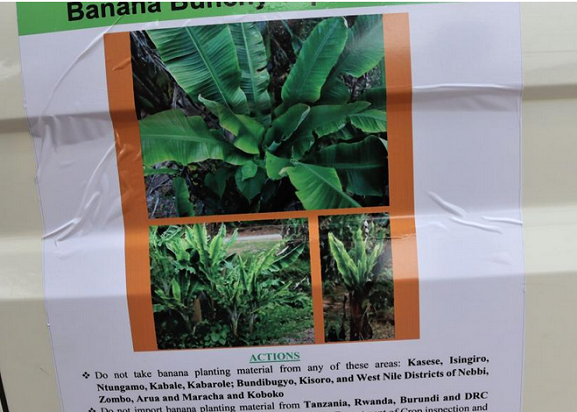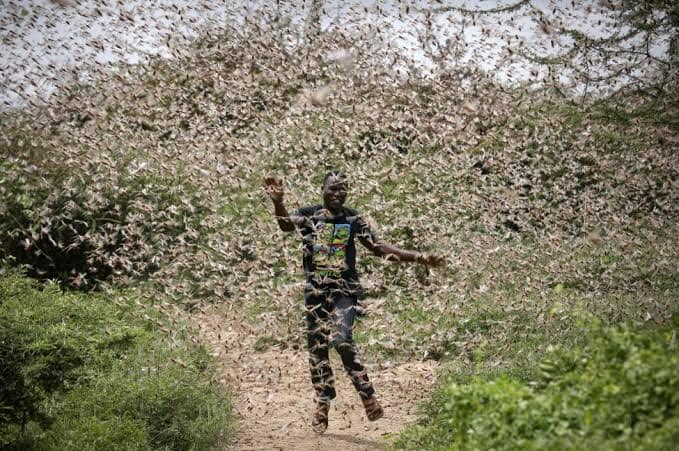The Ministry of Health has revealed that there is a risk of 13.4 million doses of COVID-19 vaccines getting expired in stores of heath facilities due to the failure by Ugandans to get vaccinated.
The revelation was made by Diana Atwine, Permanent Secretary, Ministry of Health while appearing before Parliament’s Public Accounts to respond to the queries raised in the March 2023 auditor general’s report on forensic audit into the Covid-19 response funds.
The scrutiny of the procurement of Covid-19 vaccines revealed that a memorandum of understanding was signed on 15th December 2020 with UNICEF and the Ministry of Health had transferred Shs18.5Bn but by 30th June 2021, the country hadn’t received any vaccines despite the payment having been made on 28th May 2021.
Atwine informed the committee that they had decided to procure vaccines through UNICEF thinking it would be easier but says that this did not materialize, but Uganda later received the vaccines.
This happened when the risk perception was down within the public, which affected the intake of the vaccines among the masses, something that has sent the officials into fear that the vaccines might expire before they are used yet the country spent money on them.
“We got the vaccines, they are actually in the country, actually NMS has a lot of vaccines. Unfortunately, right now the risk perception (for COVID-19) in the country is very low because the cases have gone down and I think people know that they got covid and they moved on. And each district has vaccines, if you go to the facilities, the vaccines are there, I think people have relaxed because the threat seem to have gone down and our fear is that these vaccines may expire on us yet we spent money to procure these vaccines,” Atwine said.
Her revelation prompted Medard Sseggona (Busiro East) to task the Ministry to explain the strategies being undertaken to boost uptake of the vaccines in order to save the drugs from expiring.
In response, Atwine said: “We are talking to the leaders every time we have the district teams; we remind them that they go out and vaccinate. But the people aren’t enthusiastic to have the booster dose. Actually this was mainly for the booster and also cover those that didn’t get vaccinated.”
Asuman Basalirwa (Bugiri Municipality) wondered why the Ministry isn’t considering donating some of the vaccines to neighbouring nations like South Sudan and DRC instead of having the vaccines waste away in Uganda stores.
“In light of these vaccines getting expired, and yet we spent colossal sums of money, is there a possibility that they can be sold? To neighbouring countries like DRC or South Sudan; sold or donated? The moment that the public gets to know that these vaccines have expired, there will be outrage,” Basalirwa said.
The Permanent Secretary revealed that the issue isn’t unique to only Uganda but other nations are struggling with huge volumes of unconsumed vaccines because they all procured the vaccines at the same time through one body.
“All African countries bought from the same place, South Sudan Kenya, we got at the same time and made agreements with the manufacturer, so they are all stuck, even last week we were talking about it in South Africa,” said Atwine.
Michael Bukenya (Bukuya County) asked the Ministry to quantify the numbers of the vaccines available and their value, to which Jimmy Ameny (Coordinator Immunization Program) Ministry of Health explained that currently, Uganda has 13.4 million doses of the vaccines at stores of National Medical Stores.
The vaccines include 11.9 million doses for Johnson Johnson and they have a shelf life of up to March 2024, 7,000 doses of Pfizer whose shelf life is up to January 2024, 1.2 million doses of Sinopharm whose shelf life is September 2023 and 148,000 doses whose shelf is August 2023.
However, Ministry officials failed to put a monetary value on vaccines in Government stores.





